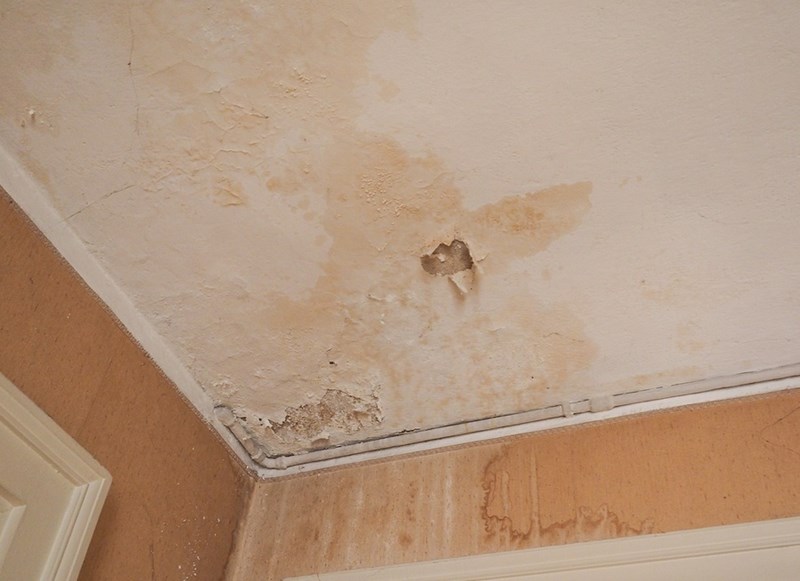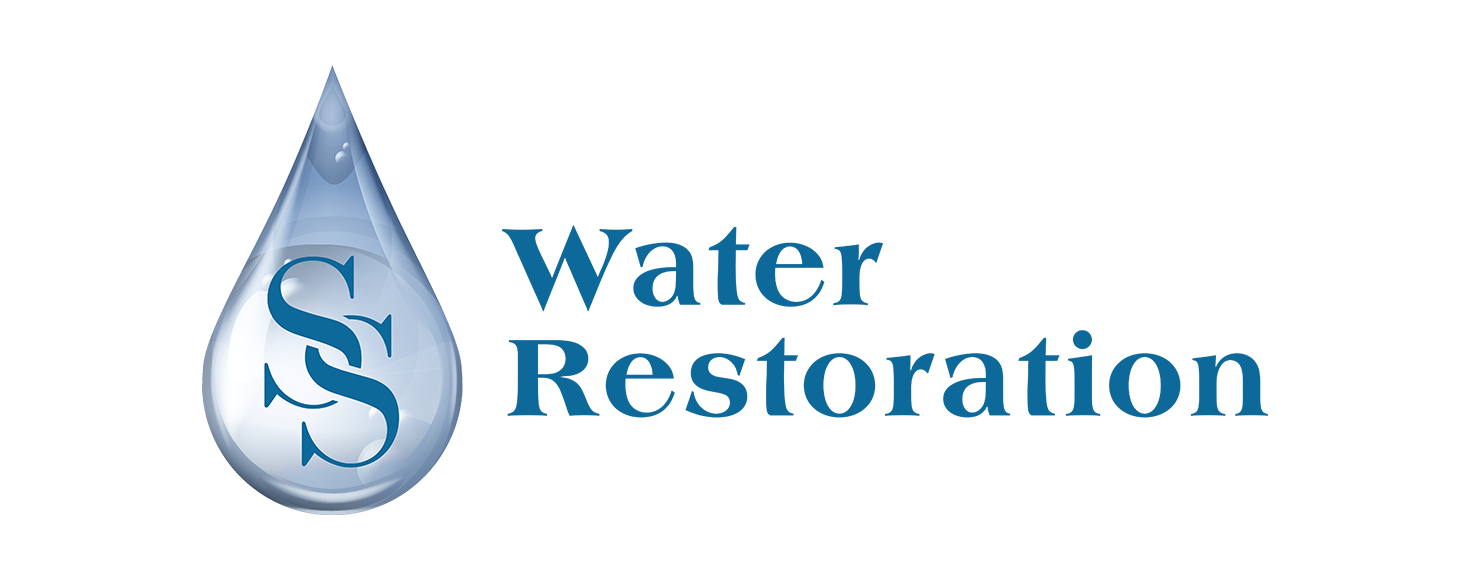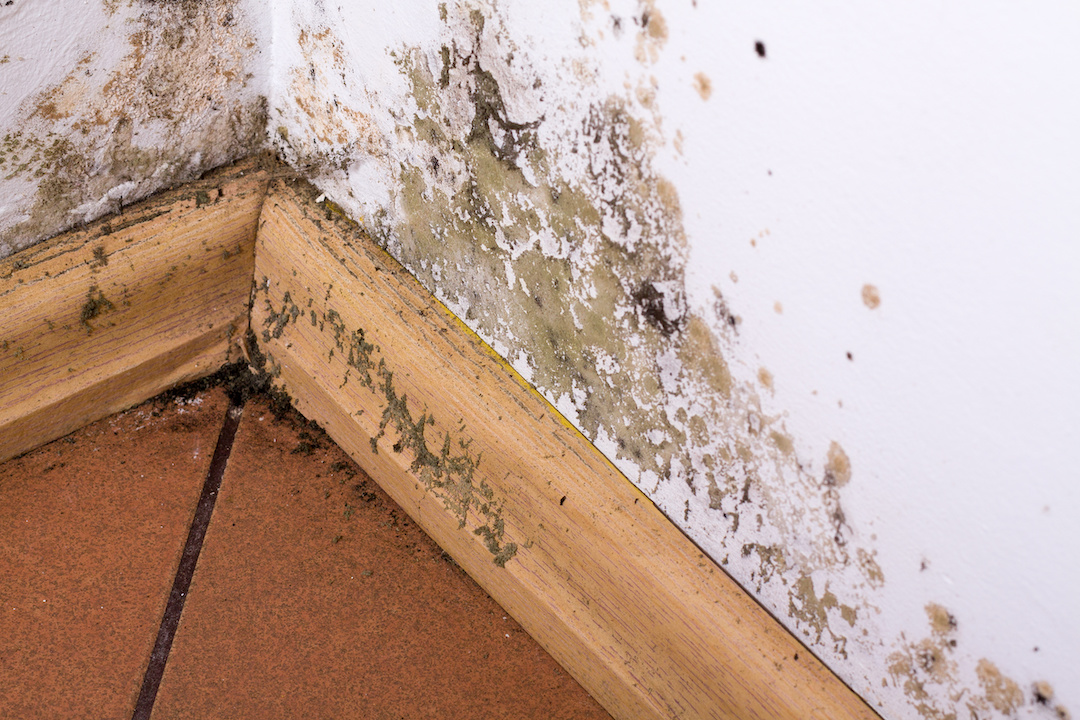Trusted Water Damage Cleanup Services to Restore Your Home’s Safety and Comfort
Trusted Water Damage Cleanup Services to Restore Your Home’s Safety and Comfort
Blog Article
The Process of Water Damage Clean-up: Guaranteeing Your Home Is Restored Efficiently
Water damages can be a difficult obstacle for property owners, demanding a organized and meticulous clean-up procedure to recover safety and security and performance. Initially, a detailed assessment is crucial to determine the level of the damage and determine the suitable remediation procedures. Following this, efficient water extraction techniques play a critical duty in alleviating more harm. Nevertheless, the subtleties of drying, sterilizing, and eventual reconstruction are just as essential and often neglected. Recognizing these phases can make a significant difference in the outcome of your home's remediation, prompting a closer consider what each step involves.
Examining the Damages
Upon finding water damage, the primary step is to extensively analyze the extent of the impact. This initial evaluation is critical, as it assists identify the needed actions for effective cleanup and repair. Begin by checking the influenced areas, consisting of walls, ceilings, floors, and personal possessions, to determine the resource of the water invasion, whether from flooding, leakages, or condensation.
Recording the damages is necessary for both insurance coverage claims and planning remediation initiatives - damage restoration services. Usage photos and composed notes to capture the extent of the damage, keeping in mind any damaged structural elements and materials. Pay unique attention to areas that may not be promptly noticeable, such as behind wall surfaces and under rugs, as hidden wetness can result in more difficulties, consisting of mold development
In addition, assess the timeline of the water direct exposure. Eventually, a comprehensive evaluation lays the groundwork for an effective water damages clean-up process, ensuring that all affected locations are addressed efficiently and completely.
Water Extraction Methods

Specialists usually utilize completely submersible pumps for bigger quantities of water, which can quickly relieve flooding in cellars or various other influenced locations. For smaller sized amounts, wet/dry vacuums are frequently made use of to extract residual dampness from rugs and hard surfaces. Furthermore, using mobile extractors enables targeted elimination in constrained areas or areas with delicate materials.
In instances of contaminated water, such as sewer or floodwater, advanced removal strategies might entail the use of biohazard equipment to make certain safety and security and conformity with health guidelines. High-powered removal devices are important in minimizing water retention in structural products, which can lead to mold growth and architectural deterioration if not resolved promptly.
Inevitably, the efficiency of water extraction strategies plays a critical role in the overall success of the water damage clean-up procedure, preparing for succeeding reconstruction initiatives.
Drying and Dehumidification
Once standing water has been effectively extracted, the next vital phase in the water damages clean-up process is drying and dehumidification. This action is necessary to avoid more damage and mold and mildew growth, which can take place within 24 to 48 hours in wet atmospheres.
To accomplish reliable drying, specialized tools such as industrial-grade air moving companies and dehumidifiers is utilized. Air moving companies distribute air throughout damp surfaces, boosting evaporation prices, while dehumidifiers lower moisture levels airborne, advertising a favorable environment for drying out. The combination of these tools guarantees that dampness is attracted out from home furnishings, wall surfaces, and floorings, allowing them to completely dry extensively.
It is essential to keep track of the drying out process carefully. Specialists typically make use of dampness meters to analyze the dampness web content in various products, making sure that all view it now affected locations get to acceptable dry skin levels. This precise method aids to prevent covert dampness pockets that can cause structural damage or undesirable mold and mildew development.

Cleansing and Disinfecting
After the drying and dehumidification stage is full, the next crucial action in water damages clean-up is cleaning and disinfecting the affected locations. This procedure is vital to stop the growth of mold, microorganisms, and other virus that grow in damp atmospheres.
The cleaning phase usually involves getting rid of any particles, dirt, and pollutants from surface areas using specialized cleansing representatives. For difficult surface areas, a mix of soap and water or industrial cleansing products is usually employed. Soft products, such as furniture and rugs, might require a lot more substantial cleansing methods, including steam cleansing or deep extraction techniques, to make certain extensive hygiene.

Sterilizing complies with cleaning, using EPA-approved anti-bacterials to eliminate dangerous microbes. This step is important, particularly in locations that may have come into contact with floodwaters or sewage, as these sources can posture serious wellness threats.
Furthermore, it is essential to attend to any continuing to be odors, which may call for using odor neutralizers or advanced techniques like ozone therapy. Proper cleaning and sanitizing not only restore the security and health of your home yet additionally lay the foundation for effective reconstruction and repairs check in subsequent stages of the water damages clean-up procedure.
Repair and Fixings

When the analysis is total, repair initiatives can begin. This typically entails fixing or replacing broken materials, making sure that all work adheres to local building regulations find out here and standards. For example, if drywall has been jeopardized, it will require to be gotten rid of and changed with brand-new material. In addition, floor covering may require comparable focus, relying on the degree of water direct exposure.
It is crucial to involve seasoned repair professionals during this process, as they possess the knowledge to manage intricate fixings successfully. They can aid alleviate possible future concerns, such as mold development or architectural instability, therefore making certain a secure and habitable living environment. Eventually, reliable repair and fixings recover the home's integrity and boost its total value.
Conclusion
To conclude, the procedure of water damage clean-up is important for restoring a home to its pre-damage condition. Each stage, from examining the damage to applying effective water removal techniques, adhered to by thorough drying, sterilizing, and required repair work, plays a vital function in making certain security and compliance with structure criteria. Effective execution of these steps not just mitigates immediate damages yet additionally improves the lasting integrity and worth of the residential property.
Water damage can be a daunting obstacle for property owners, necessitating a structured and precise cleaning procedure to restore security and performance. Eventually, a comprehensive analysis lays the groundwork for a successful water damages clean-up procedure, making certain that all influenced locations are resolved efficiently and extensively.
Effective water removal techniques are vital in reducing damage and stopping more problems following a water breach event.In verdict, the process of water damage clean-up is crucial for recovering a home to its pre-damage condition. Each stage, from analyzing the damage to implementing efficient water removal techniques, complied with by detailed drying out, sterilizing, and required repair work, plays a crucial duty in ensuring safety and compliance with building requirements.
Report this page